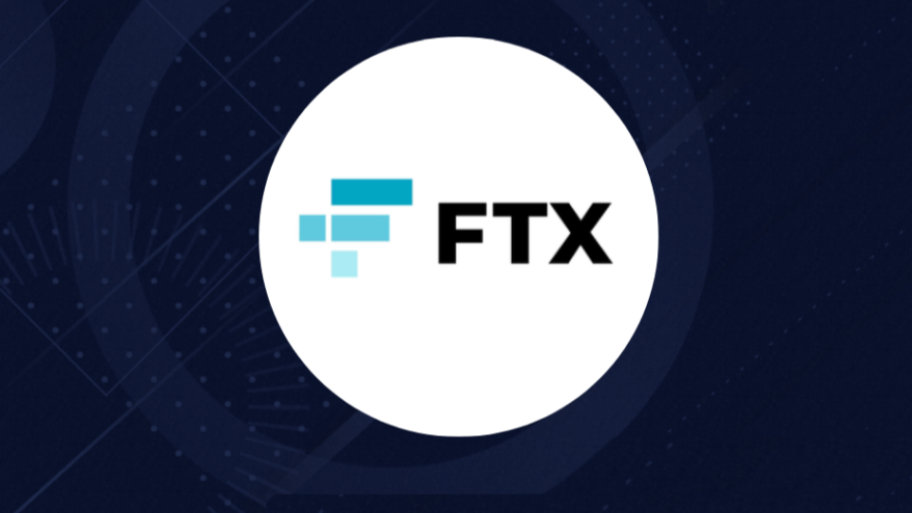Less than a week after agreeing a deal to be acquired, the world’s second-largest cryptocurrency exchange FTX has filed for bankruptcy.
Founder and chief executive Sam Bankman-Fried, once dubbed the ‘King of Crypto’ has also resigned from the company as it continues to be investigated by authorities in the Bahamas and in the US.
The firm filed for Chapter 11 bankruptcy on Friday, with FTX’s filing estimating that it had between $10 billion and $50 billion in assets and liabilities and more than 100,000 creditors. The nature of the filing means that FTX can continue to operate while restructuring its debts, however the world’s leading payments processor Visa has severed its global credit card agreements with FTX.
In comments to Reuters, Visa said: "We have terminated our global agreements with FTX and their US debit card program is being wound down by their issuer. The situation with FTX is unfortunate and we are monitoring developments closely,"
The company also reported a suspected cyber hack on Saturday which has led it to remove trading and withdrawals.
New chief exec John Ray said on Saturday that the company was “in the process of removing trading and withdrawal functionality” and that it was “moving as many digital assets as can be identified to a new cold wallet custodian.” CNBC reported that $477 million was stolen in the suspected attack, while the Wall Street Journal put the figure at around $370 million.
Further to this, multiple reports also emerged on Saturday that FTX was missing at least $1 billion in client funds. Sources cited by Reuters said that it was part of the $10 billion in client funds that Bankman-Fried secretly transferred to sister company Alameda Research. The former chief exec denies this allegation, but had earlier in the week confessed to staff “I’m deeply sorry that we got into this place and for my role in it.”
The collapse of FTX came after reports emerged suggesting its foundation was less financially secure than previously thought. This effectively led to the crypto equivalent of a bank run, with investors withdrawing more than $6 billion in under 72 hours. As it continued to flail, rival exchange Binance agreed a non-binding deal to acquire FTX, but would pull out less than a day later after doing its due diligence.
The chief exec of Binance, Changpeng ‘CZ’ Zhao, has now called for clear regulations for the crypto industry to stop companies in the space from "cutting corners."
Speaking at the 2022 G20 Bali summit, CZ said: “We're in a new industry, we've seen in the past week, things go crazy in the industry. We do need some regulations, we do need to do this properly, we do need to do this in a stable way.
“I think the industry collectively has a role to protect consumers, to protect everybody. So it's not just regulators. Regulators have a role but it's not 100% their responsibility,"
Latest News
-
Gemini to cut quarter of workforce and exit UK, EU and Australia as crypto slump forces retrenchment
-
Bank ABC’s mobile-only ila bank migrates to core banking platform
-
Visa launches platform to accelerate small business growth in US
-
NatWest to expand Accelerator programme to 50,000 members in 2026
-
BBVA joins European stablecoin coalition
-
eToro partners with Amundi to launch equity portfolio with exposure to ‘megatrends’
Creating value together: Strategic partnerships in the age of GCCs
As Global Capability Centres reshape the financial services landscape, one question stands out: how do leading banks balance in-house innovation with strategic partnerships to drive real transformation?
Data trust in the AI era: Building customer confidence through responsible banking
In the second episode of FStech’s three-part video podcast series sponsored by HCLTech, Sudip Lahiri, Executive Vice President & Head of Financial Services for Europe & UKI at HCLTech examines the critical relationship between data trust, transparency, and responsible AI implementation in financial services.
Banking's GenAI evolution: Beyond the hype, building the future
In the first episode of a three-part video podcast series sponsored by HCLTech, Sudip Lahiri, Executive Vice President & Head of Financial Services for Europe & UKI at HCLTech explores how financial institutions can navigate the transformative potential of Generative AI while building lasting foundations for innovation.
Beyond compliance: Building unshakeable operational resilience in financial services
In today's rapidly evolving financial landscape, operational resilience has become a critical focus for institutions worldwide. As regulatory requirements grow more complex and cyber threats, particularly ransomware, become increasingly sophisticated, financial services providers must adapt and strengthen their defences. The intersection of compliance, technology, and security presents both challenges and opportunities.
© 2019 Perspective Publishing Privacy & Cookies













Recent Stories